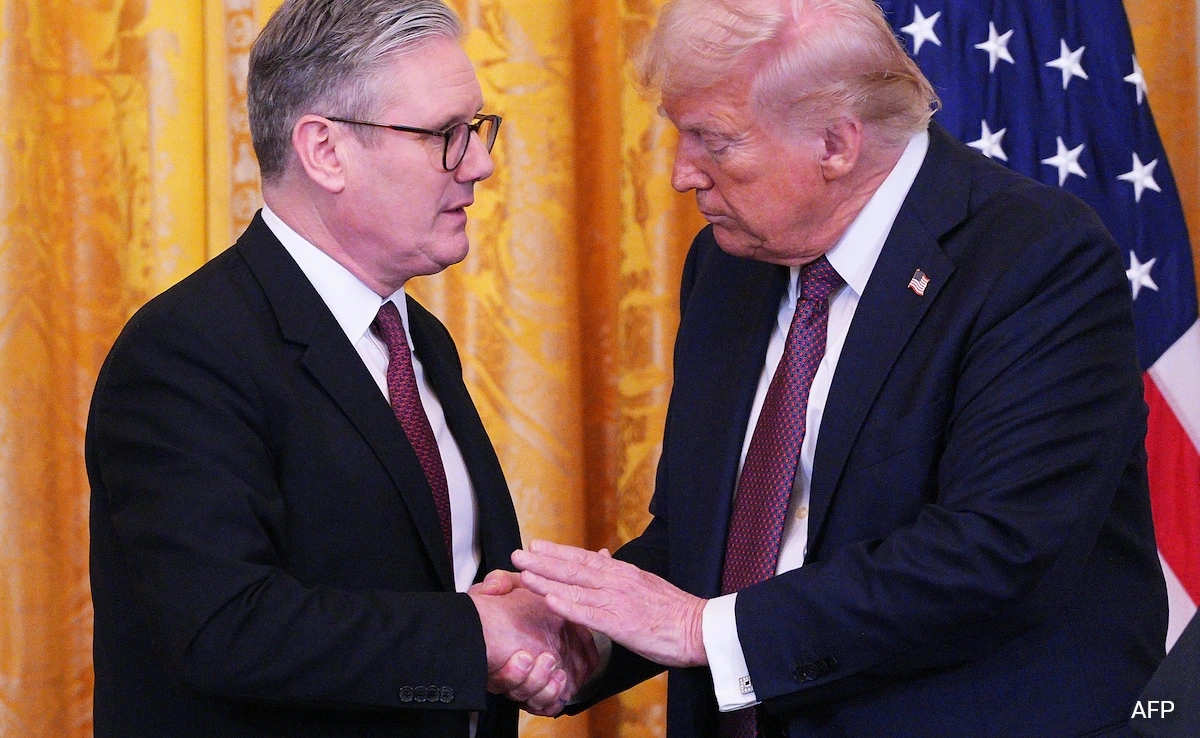Japan has announced an ambitious plan to double its investment target in India, raising it to an impressive $68 billion. This strategic decision is primarily aimed at enhancing collaboration in critical sectors such as semiconductor manufacturing and artificial intelligence (AI). The renewed focus on these areas reflects Japan’s recognition of India’s growing significance in the global technology landscape, as well as its desire to deepen economic ties with this rapidly developing nation.
The semiconductor industry, in particular, is a focal point of this investment strategy. As the world increasingly relies on advanced technology and digital solutions, the demand for semiconductors has surged. By investing in India’s semiconductor manufacturing capabilities, Japan aims to secure a robust supply chain and reduce its dependence on other markets. This move not only aligns with Japan’s long-term economic goals but also supports India’s ambitions to become a global hub for semiconductor production, thereby creating numerous job opportunities and fostering innovation within the country.
In addition to semiconductors, the investment will also target the burgeoning field of artificial intelligence. Japan and India both recognize the transformative potential of AI across various industries, from healthcare to transportation. By pooling resources and expertise in this domain, the two nations can accelerate the development of AI technologies and applications that can benefit their economies and address societal challenges. This collaboration could lead to significant advancements in areas such as smart cities, automation, and data analytics, positioning both countries as leaders in the global AI landscape.
Overall, Japan’s decision to increase its investment in India signifies a commitment to forging a stronger economic partnership between the two nations. The focus on critical technologies like semiconductors and AI not only addresses immediate economic needs but also lays the groundwork for long-term cooperation in innovation and technology development. As both countries navigate a rapidly changing global economic environment, this investment initiative could play a pivotal role in enhancing their competitiveness and resilience on the world stage.




